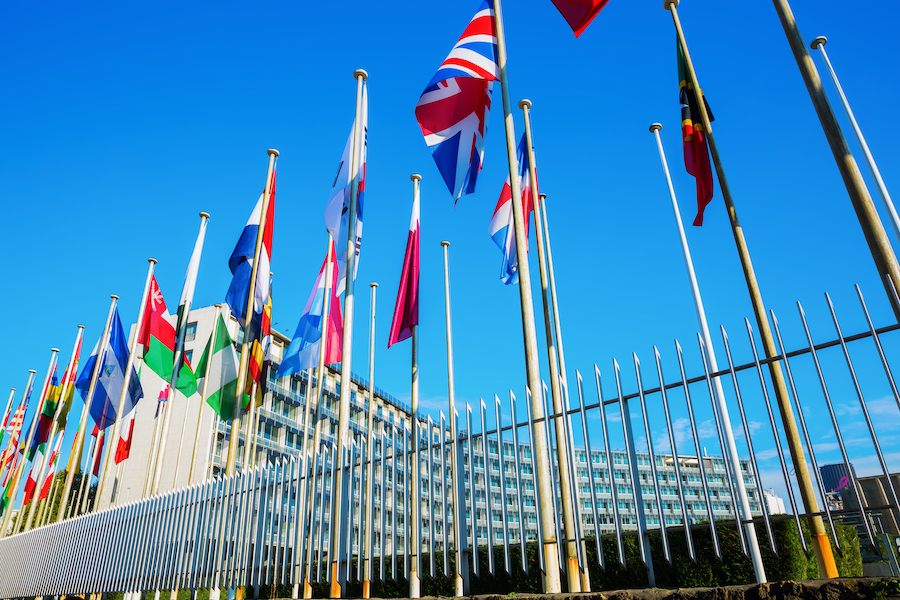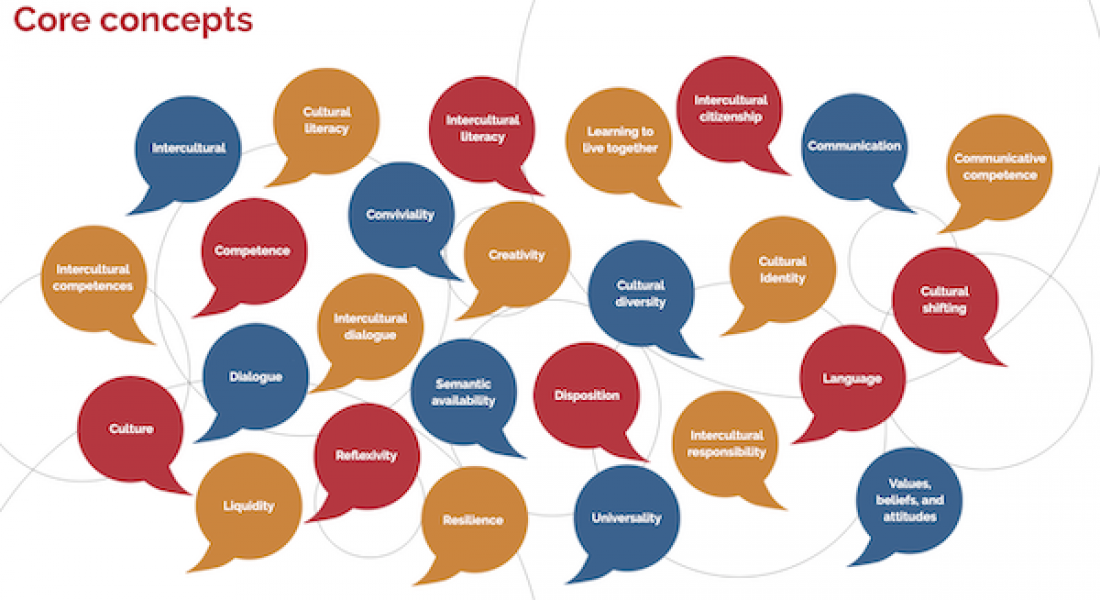Learning the Importance of Intercultural Exchange through UNESCO
UNESCO, the United Nations Educational, Scientific, and Cultural Organization, "seeks to build peace through international cooperation," and does so through numerous projects in countries around the world. Their work includes efforts involving cultural preservation, disaster preparedness, and youth empowerment, among many others. One common thread through every one of their missions, however, is intercultural dialogue. In order to preserve cultural heritage in the form of material objects or oral history, or to equip communities with the knowledge needed to withstand environmental disaster, or to motivate younger generations to take ownership of their communities, people both within and outside of those communities must be able to interact and communicate effectively and respectfully with each other. It's a process that can't be developed in a single class or interaction, but over the course of one's life.
Because of this, UNESCO has created a new online resource to promote this concept of intercultural dialogue, and educate users on the different branches of thought that contribute to the field as a whole.
PEACE is human dignity.
— UNESCO (@UNESCO) April 9, 2019
PEACE is equal rights for all.
PEACE is respect for cultural diversity.
To respect, we need to understand. To understand, we need to exchange.
Join @UNESCO’s community now to strengthen intercultural dialogue: https://t.co/8tU1HXmf5M #UnlockTheDialogue pic.twitter.com/z3wzolGSMY
According to their website, "The platform is an evolving global hub of resources and information to record, inspire, share and exchange innovative and impactful action on intercultural dialogue among diverse audiences, which will be sustained and enhanced over the course of the International Decade for the Rapprochement of Cultures (2013-22)." The e-learning platform serves as a "collaborative hub" for sharing ideas and learning
A page on Core Concepts shows a web of ideas, and offers definitions of each one while also going more in-depth into the theory and research behind them. Some concepts may already be well-known—language, cultural identity, cultural diversity, intercultural competences—while others you may not think of when discussing intercultural dialogue: conviviality, liquidity, semantic availability.
The platform also hosts learning resources developed by organizations such as SALTO-YOUTH (Support, Advanced Learning and Training Opportunities for Youth), an EU program which "provides non-formal learning resources for youth workers and youth leaders, and organises training and contact-making activities," and SIETAR (the Society for Intercultural Education, Training And Research), which "organizes a regular program of training sessions, webinars and conferences, tackling a great diversity of topics where intercultural dialogue is central." Some of these resources include:
- The Sky is the Limit: An Interactive Guide for Youth Projects on Interfaith Dialogue, which "provides you a series of tangible elements to conduct an interfaith dialogue." The idea is to "take youth workers on a journey through faith, belief, and how to build projects to encompass different perspectives."
- Building Bridges in Conflict Areas, which teaches learners about the methods, theories, and tools that encompass conflict resolution.
- Intercultural competences: a diversity of challenges for networks of trainers, a collection of events aimed at giving "both experts and the general public a great source of capacity-building activities as well as a dynamic hub of knowledge exchange."
Their resources page hosts many more publications, courses, trainings, and media on a variety of topics—citizenship, gender, youth, migration—with an array of purposes—advocacy, awareness raising, research, policy advice—all of which are aimed at helping people develop their own capacity for intercultural dialogue, as well as helping them learn to advocate for it in their communities and governments.
Take a look at the UNESCO Intercultural Dialogue website and let us know which resources you think would be useful for you, and what stories on their blog resonate with you, by connecting with CultureReady on Facebook and Twitter.

